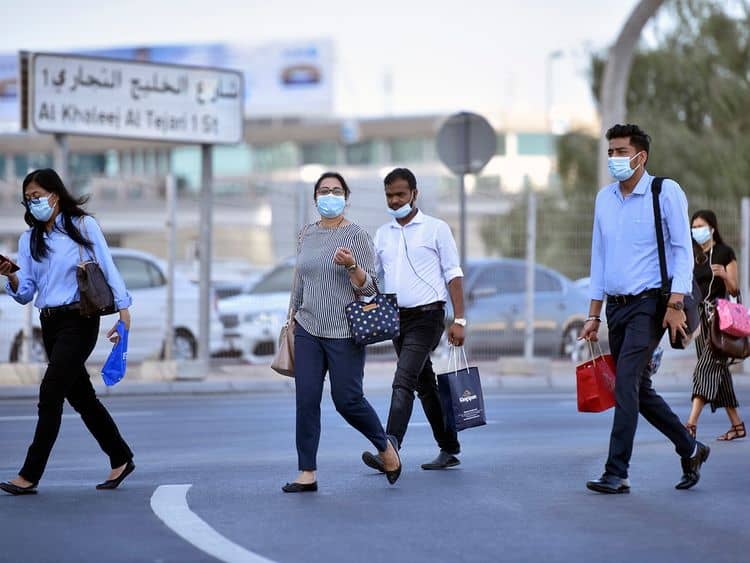-
A quarter of UAE employees would not last a month if laid off due to critical illness
-
Critical illness cover, replacing income lost due to illness, is the responsible thing to do
About 57 percent of the UAE workforce are not financially prepared to survive three months in the event of contracting a critical illness requiring them to leave their jobs, results of a Financial Survival survey commissioned by Friends Provident International (FPIL) have revealed.
The FPIL is a global provider of protection, savings and investment solutions operating out of the UAE, Isle of Man and across Asia.
Startlingly, over a quarter of respondents report that they would not even survive a month.
The survey which received responses from over 1,000 UAE employees from across gender, age, income, nationality, Emirate, and relationship status segments, “shines a light on the average UAE employees’ unpreparedness for critical illness – especially the impact that debilitating illness can have on earnings and financial survival”.
Why worry about critical illness?
Statistically, employees are more likely to be diagnosed with a critical illness than die during their working life, according to Pacific Life (PL), a company with over 145 years in the insurance industry.
A non-smoking man aged 40 is over four times more likely to be diagnosed with a critical illness than he is to die before the age of 65, a PL study reveals.
And, as FPIL survey results shows, “all employees in the UAE are woefully unprepared to survive financially if they can’t work,” says Stuart Shilcock, Head of Sales, Middle East at the FPIL.
While women were marginally more confident than men that they could survive financially for three months in the event of becoming seriously ill and losing their jobs, only 12 percent of men and 14 percent of women believed they could survive a full 12 months.
Somewhat counterintuitively, older employees, in the 45+ age group, “whom one would expect to be better financially prepared or at least have more savings, were less confident of surviving the first six months than younger employees,” observes Shilcock.
Older employees made up the largest group, 17%, of those who believed they could survive up to 12 months. This indicates “a slightly higher level of financial preparedness amongst a nonetheless still very small segment of older employees,” says Shilcock.
However one looks at the data, the vast majority of employees of all ages remained unprepared for critical illness.
Over two thirds of Emirati, Arab Expat and Asian workers didn’t believe they could survive financially for three months if they fell ill and lost their jobs.
Western employees were even less confident of surviving financially “with a full 71 percent believing that they could not last three months if they became ill and couldn’t work,” says Shilcock.
These numbers are particularly worrying when one considers that expats in the UAE don’t have the same statutory benefits that exist in many of their home countries. In Dubai, for example, there is very little statutory sick pay and no free schooling.
Cut across other demographics, the picture painted by the FPIL survey doesn’t improve.
Single people were more confident that they could survive financially for three months compared with either married employees, or employees married with kids. Though more confident than other groups, since a full 66 percent of single people believed that they could not survive for three months financially if they fell ill and lost their jobs shows “the high level of financial unpreparedness even amongst single people with few dependents,” says Shilcock.
The overwhelming message from this data is that regardless of gender, age, income, nationality, Emirate or relationship status, “critical illness cover is the responsible thing to do if you live and work in the UAE, especially in these very uncertain times,” advises Shilcock.







